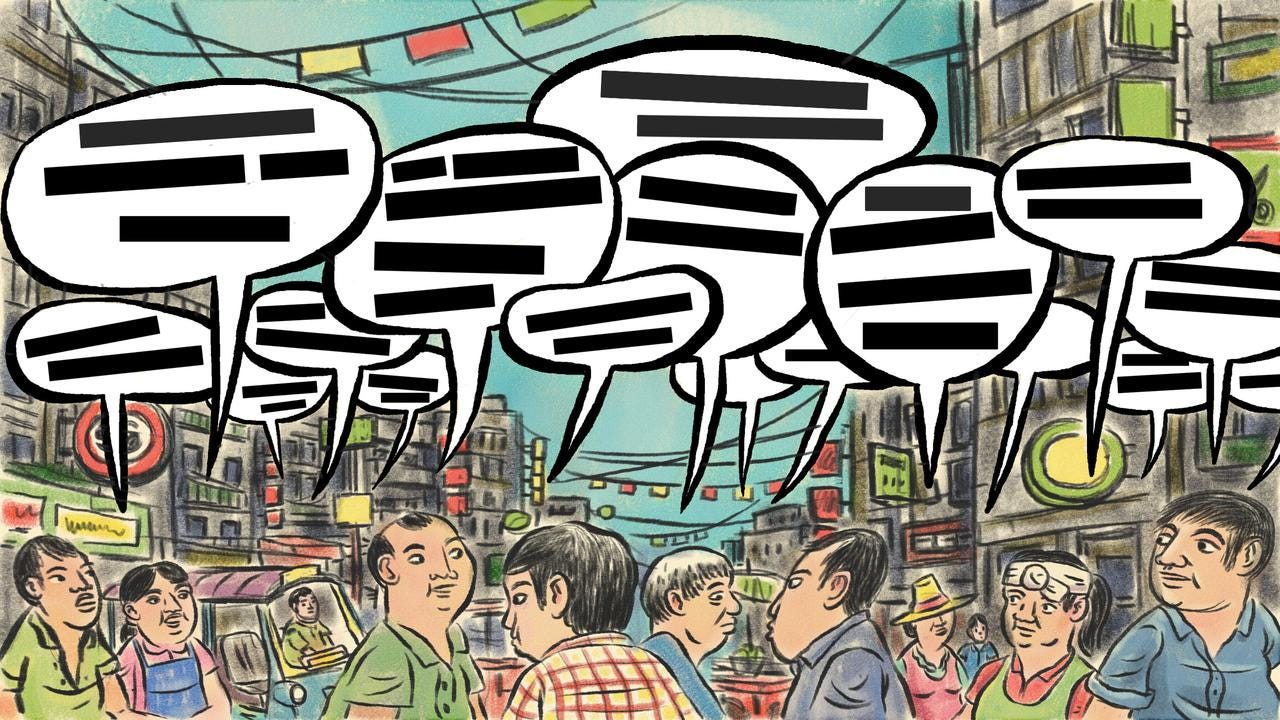All the King’s Men
As Thailand’s heavy-handed government continues to stifle dissent, a rebel reporter learns that the most dangerous form of censorship is when it starts to feel normal.
As I huddled with a group of colleagues at an undisclosed small private library in central Bangkok one recent evening, it suddenly dawned on me that I have unknowingly, if reluctantly, become a part of my country’s censorship culture.
For those who are unfamiliar, Thailand’s draconian lese majeste law forbids people from defaming or insulting the king, queen or heir apparent, with a maximum prison sentence of fifteen years. A form of the law dates back to before the revolution of 1932, when the system of absolute monarchy was transformed into a constitutional one. However, it was very rarely invoked until 2006, when a military coup staged in the name of saving the throne ousted the elected prime minister, Thaksin Shinawatra, and ushered in an era of political instability and civil unrest.
The stepped-up enforcement of lese majeste is in line with the current government’s efforts to control what information Thai citizens can and cannot access. Censo…


